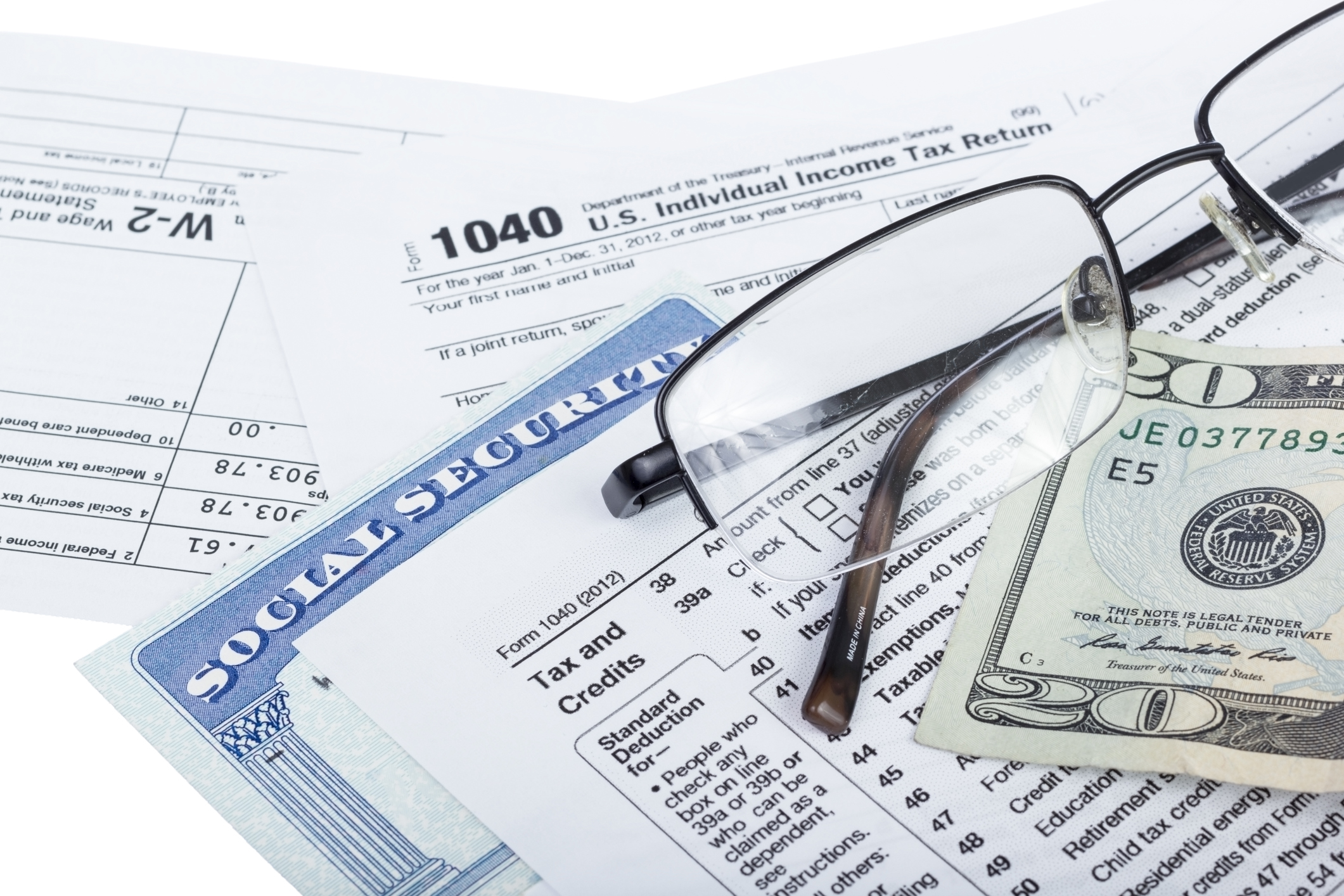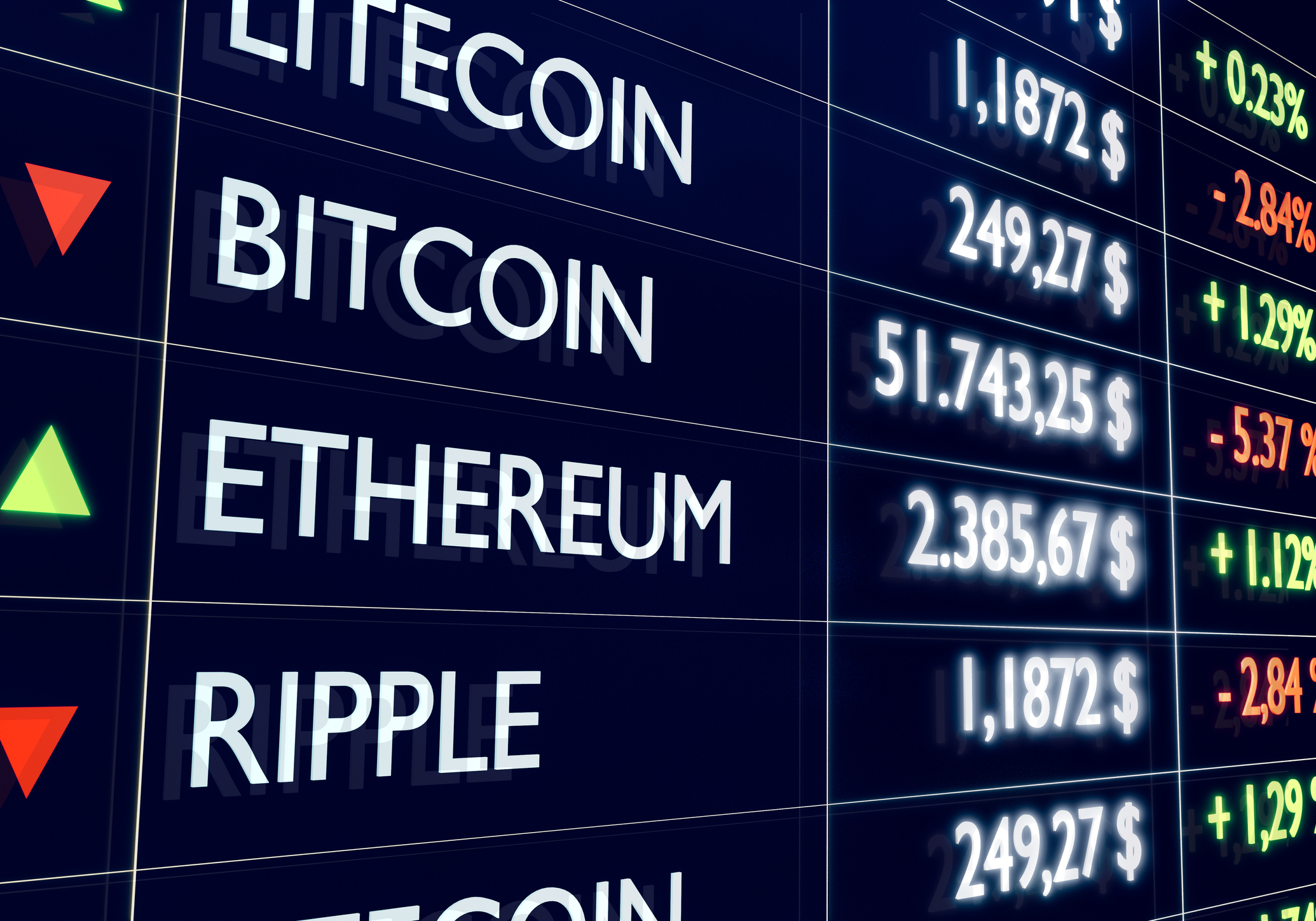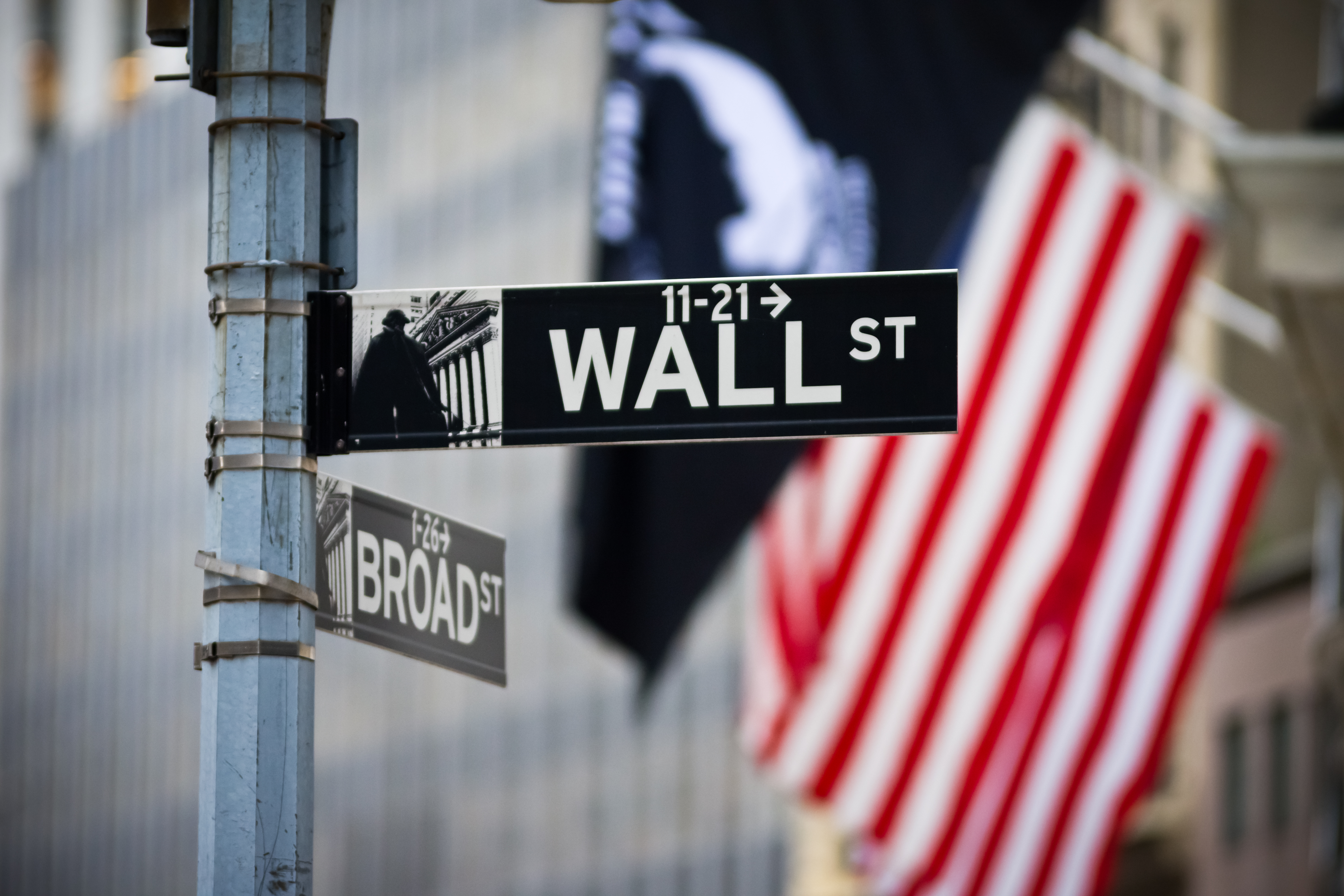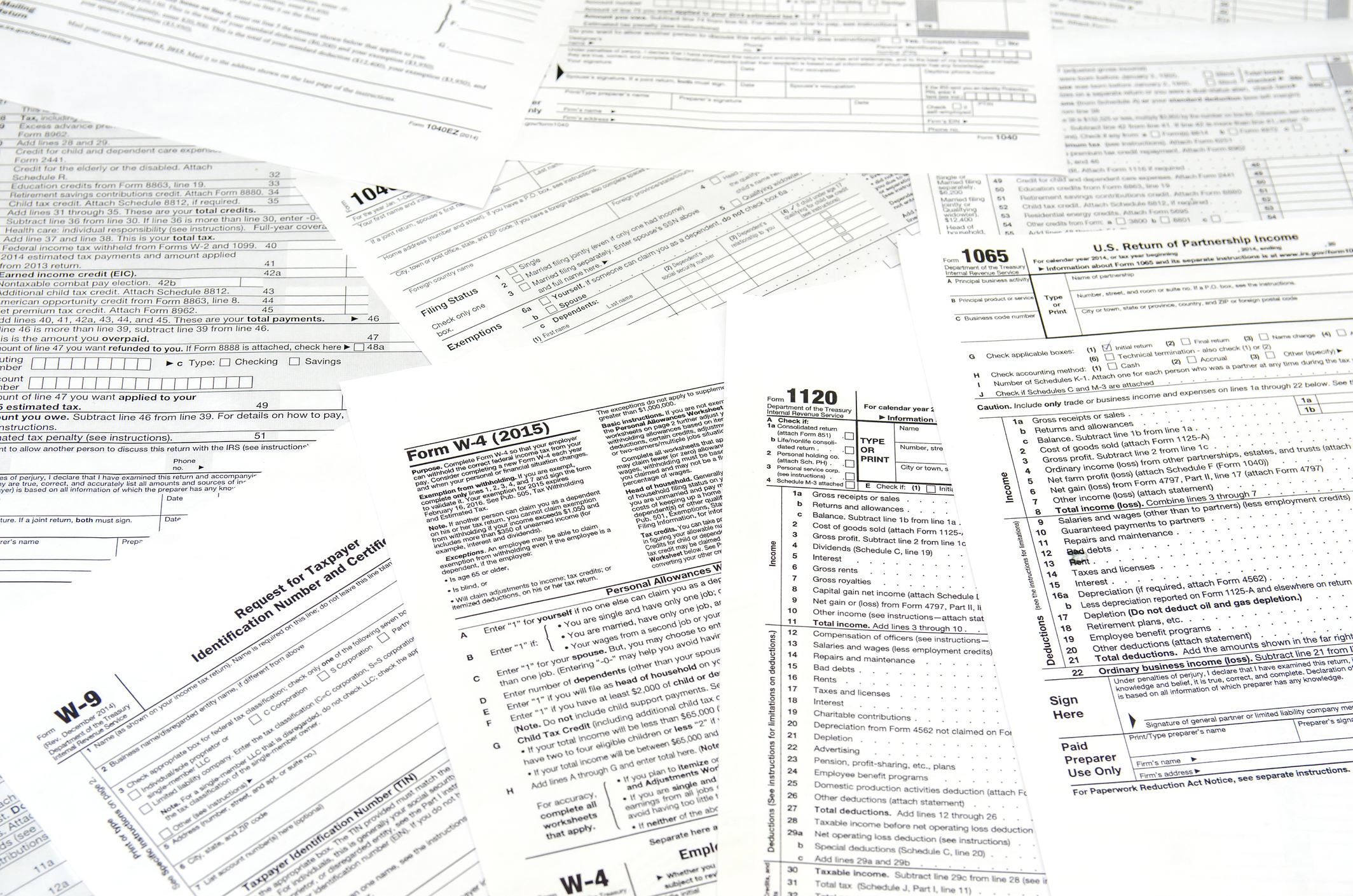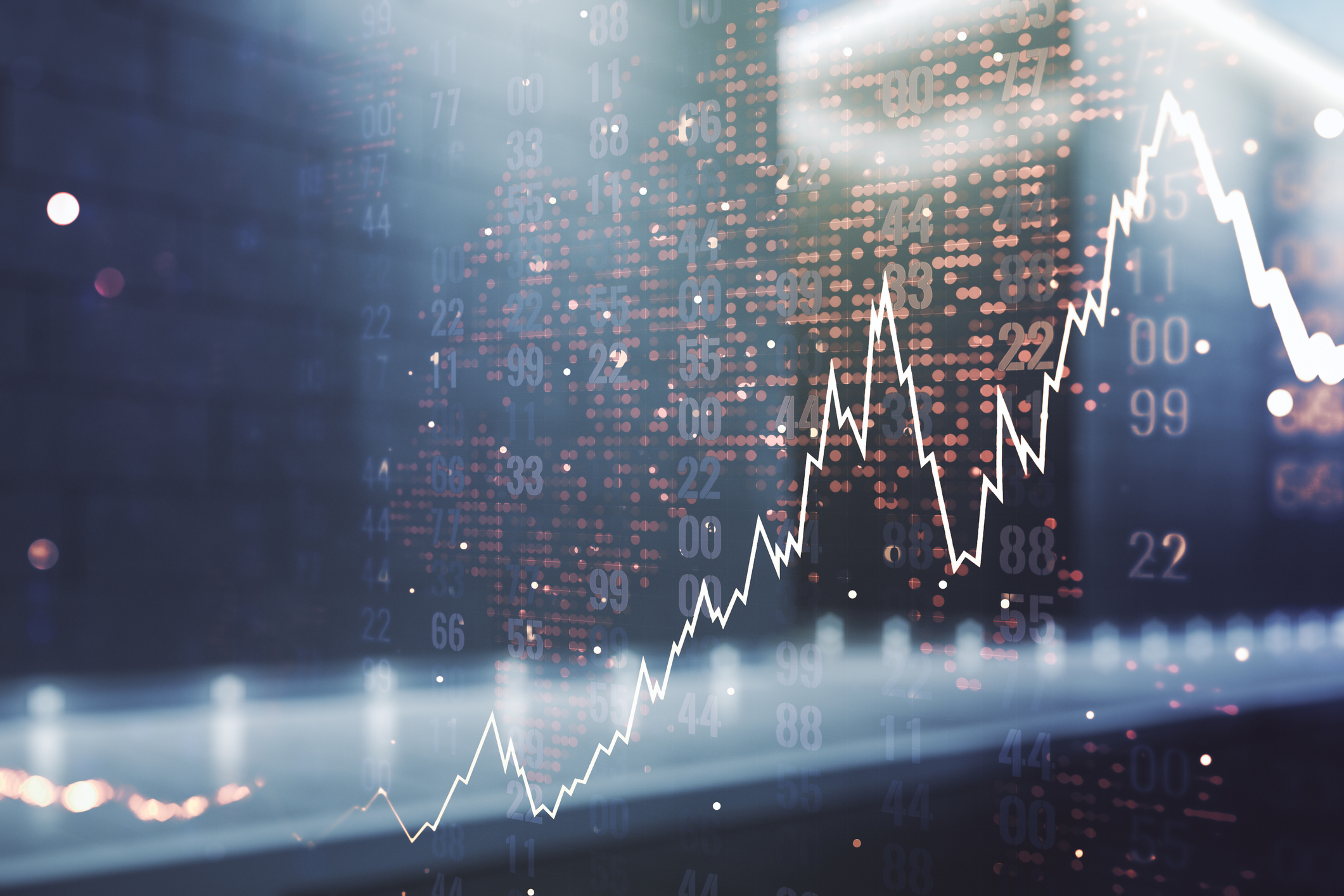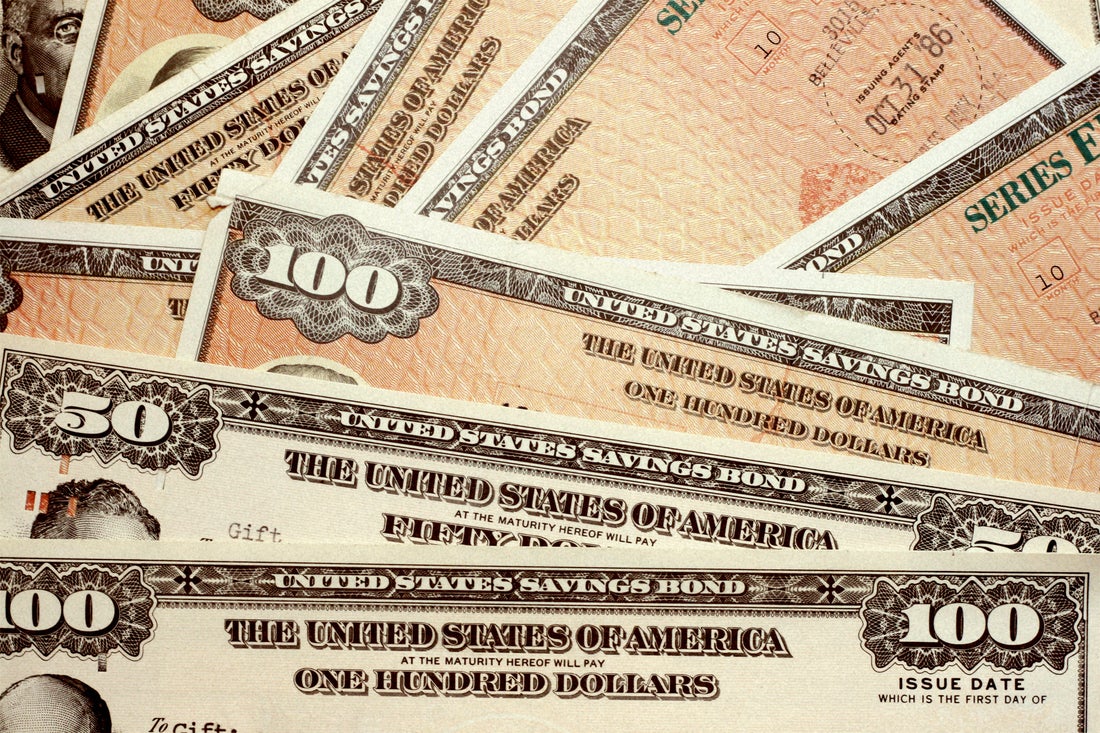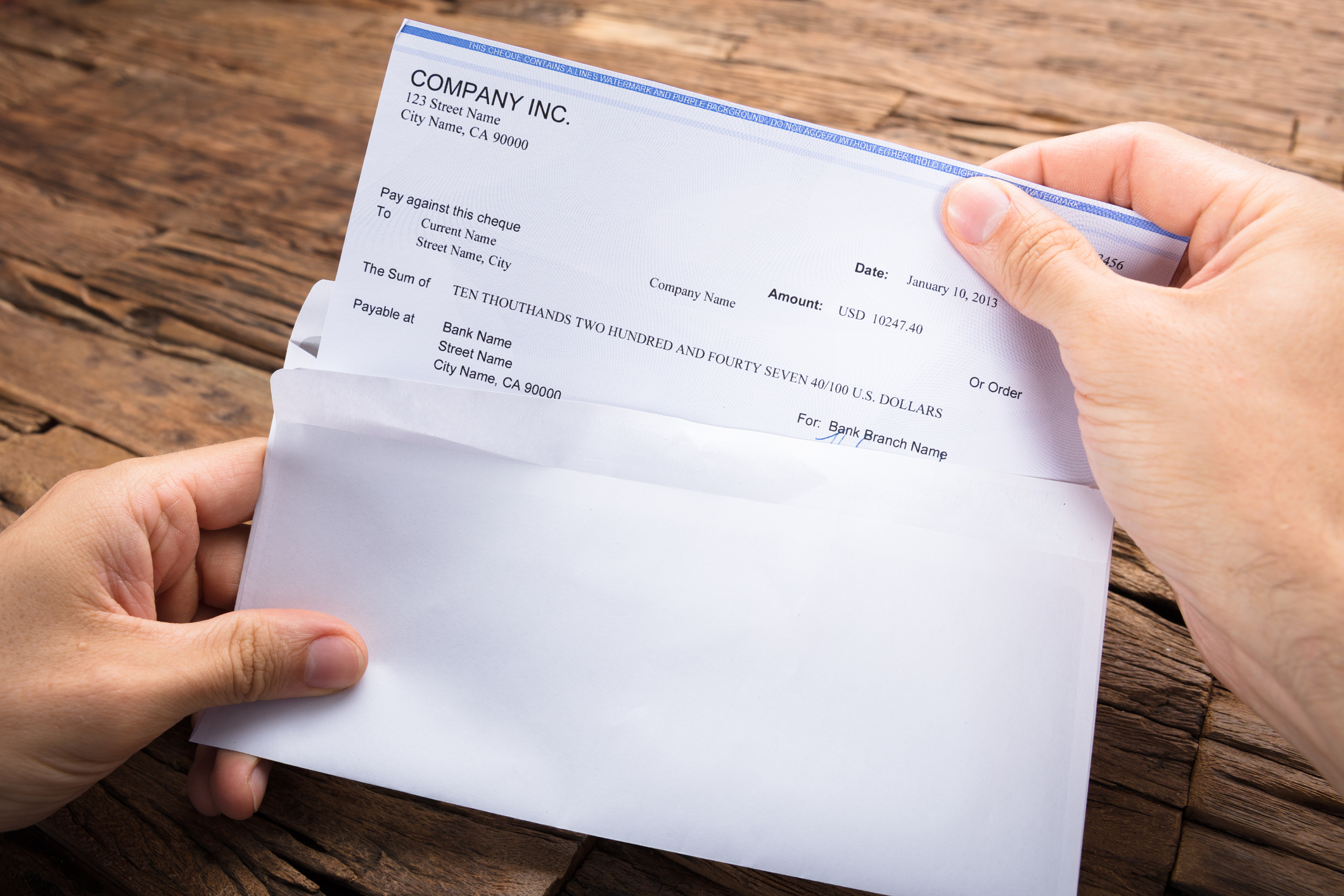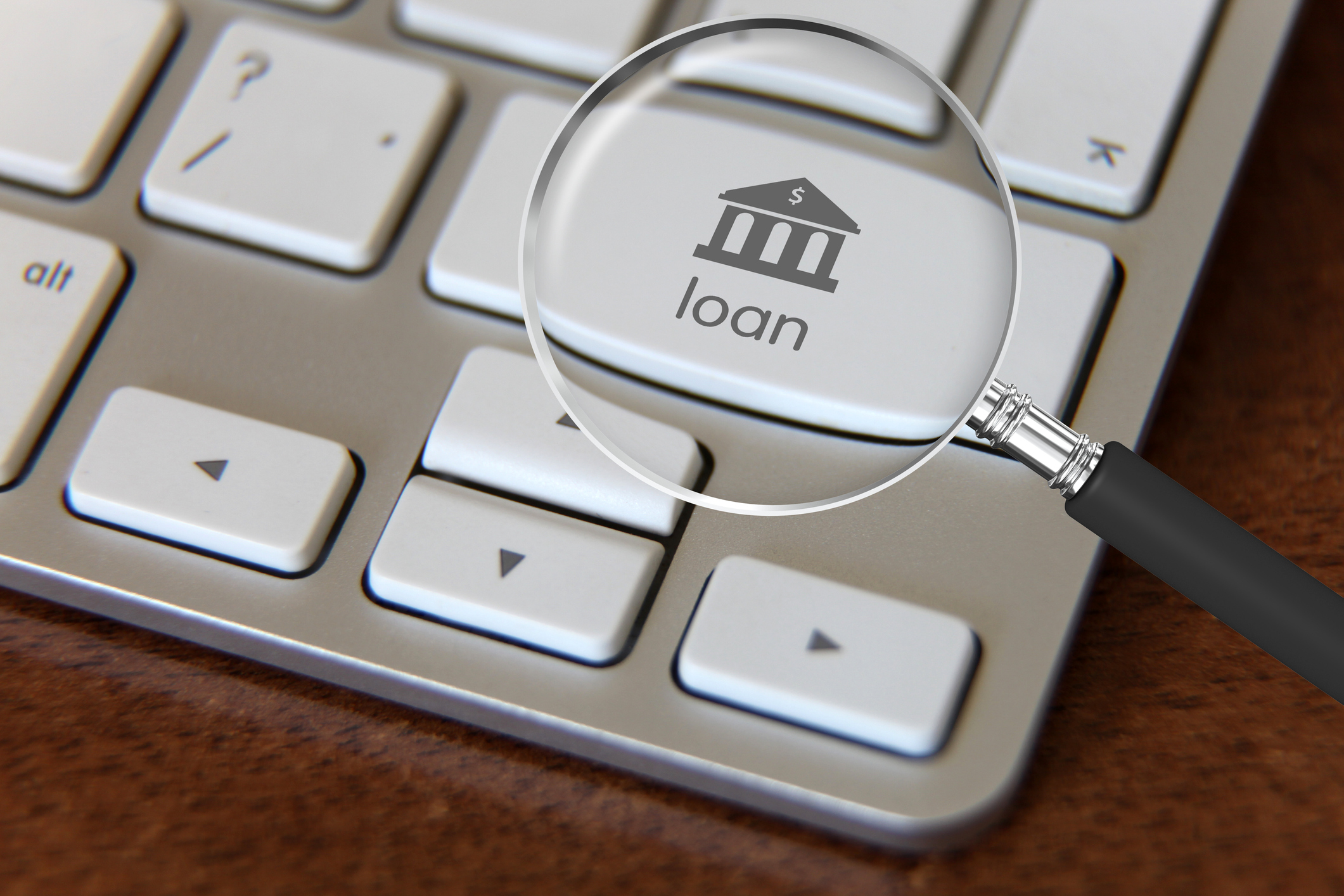White-label products have become common in retail by giving retailers a way of selling products that offer similar quality to national brands but have lower prices. Also known as generic branding, this merchandising strategy has become popular with retailers like Costco (COST +1.96%) and Trader Joe's.
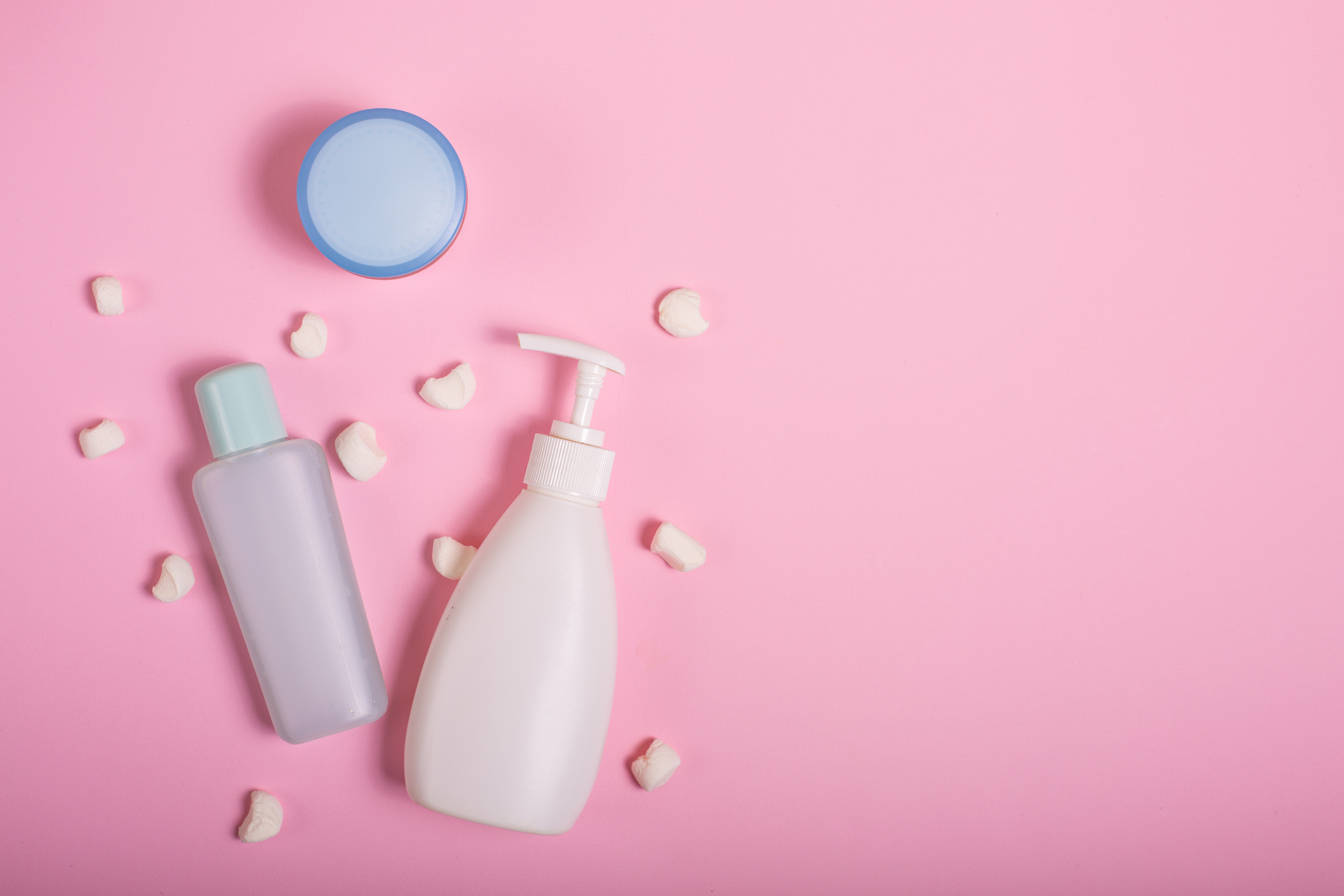
What is a white-label product?
A white-label product refers to an item sold by retailers that is manufactured by a third party but branded by the retailer. The retailer may choose to brand it with the store's name or create an entirely new brand for the product line. White-label products get their name from the idea that they are sold with no labeling, leaving it up to the retailer to handle the marketing and branding components.
White-label products are typically sold next to brand-name products and can include basics like batteries, T-shirts, mugs, or tote bags.
What are the benefits of white-label products?
White labeling offers benefits to both the manufacturer and the retailer.
The manufacturer can benefit because it can sell the same product to multiple retailers without having to worry about branding or marketing, though it typically prints the packaging and logo according to the retailer's specifications.
Marketing
The manufacturer may be able to earn the same margins it would on a name-brand product with a white-label product because it doesn't have to spend on marketing. Because the manufacturer can sell the product for less money than it normally would, that also means that the retailer's cost of goods sold is lower, and it can spend less and undercut name-brand products on price.
White-label products tend to be popular among consumers because they are cheaper than name-brand products. They offer another competitive advantage to retailers as well. Because retailers fully control the branding of those products, they can use them to drive customer loyalty since customers know that they can't find them elsewhere.
Typically, margins on white-label products are better than they would be for name brands, which is another reason retailers like to use them.
What's the difference between white-label and private-label products?
White-label and private-label are terms that are often used interchangeably, but while they're similar, they don't mean the same thing.
With a white-label product, a manufacturer sells the same product to multiple retailers, who are free to brand it as they choose. A private-label product, on the other hand, is made specifically for one retailer. The retailer contracts with the manufacturer to make a product exclusively for that retailer. A private-label product is preferred by retailers who don't want to worry about competitors selling the same product.
Trader Joe's, for example, is well known for selling private-label products; almost everything its stores sell carries the Trader Joe's brand even though the company gets its products from many of the same suppliers found in other supermarkets like Pepsico (PEP -0.75%), Snyder's-Lance, and Stonyfield Farms. Similarly, Costco's Kirkland brand is a well-known private label.
White-label products, on the other hand, are a better fit with discount retailers, which are more interested in selling products at bargain prices rather than taking control of the marketing behind them.
Related investing topics
An example of a white-label product
The coffee industry offers a good example of white-labeling. Large-scale coffee roasters roast coffee in batches, using different methods according to the bean itself, the length of time for the roast, and other ingredients and flavors added, such as hazelnut or vanilla.
Once the roaster produces that batch, it will be distributed directly to the wholesaler or retailers, which will then be responsible for labeling and merchandising the product as it sees fit.
Since coffee is something of a consumer commodity but one in high demand, the product lends itself well to white-labeling, especially since most consumers won't notice the differences.
White labeling and private labeling seem to be growing. Target (TGT +2.46%), for example, has leaned on the strategy and now has 10 brands that generate more than $1 billion in annual sales.
White-labeling could also see some increased interest in a recessionary environment since it's a good way for all stakeholders to save money. However, even if a recession hits, it's a good bet that the white-label and private-label strategies will continue to be popular during the next bull market.

